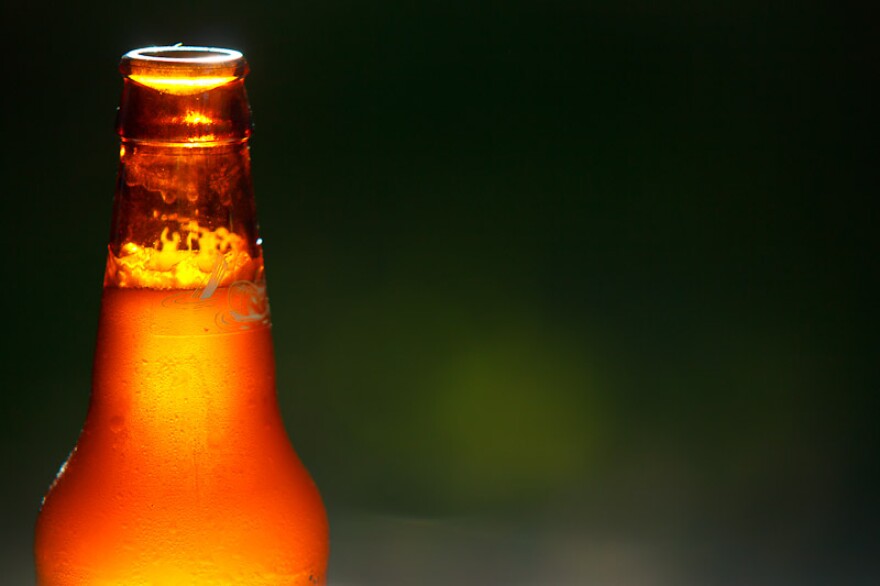New from the UNC Gillings School of Global Public Health calculated the costs of heavy drinking. Researchers combined societal factors like police and court costs as well as those for health care, treatment centers, and more.
Excessive drinking cost North Carolinians nearly $10 billion, according to the study's lead author Katherine Gora Combs.
"Which is a little more than $2 per drink consumed," she said. "And that was a 38% increase over the costs that were found in 2010. And inflation, when accounted for, only explained about 12% of that increase."
Most of the additional costs come from a 40% increase in binge drinking over that period. This research analyzed data from 2017. Alcohol consumption has increased during the pandemic, so it's likely costs are even higher now.
The study in the N.C. Medical Journal. It found that the drinkers themselves bore less than half of the costs of excessive drinking. Many of these costs are paid by society, through police, hospital, or increased insurance prices.
The government picked up $4.4 billion of the tab, while excessive drinkers paid $3.4 billion and others paid $1.54 billion, according to the study's findings.
"The harms from excessive drinking can be hard to 'see' because alcohol plays a causal role in over 200 diseases and injuries," said Gora Combs. "By measuring and adding these diverse outcomes on a common scale — dollars and cents — we were able to better illuminate the steep costs of excessive drinking,"
Senior author Pamela Trangenstein said it's a common misconception that binge drinkers make up only a small percentage of all drinkers.
"We found that nearly one in three drinkers were either binge drinking or drinking heavily," she said.
Alcohol plays an underlying role in over 200 diseases and injuries, including harms like breast and colorectal cancer. Researchers say policymakers should consider the health effects of heavy drinking when deciding to deregulate alcohol policies.







